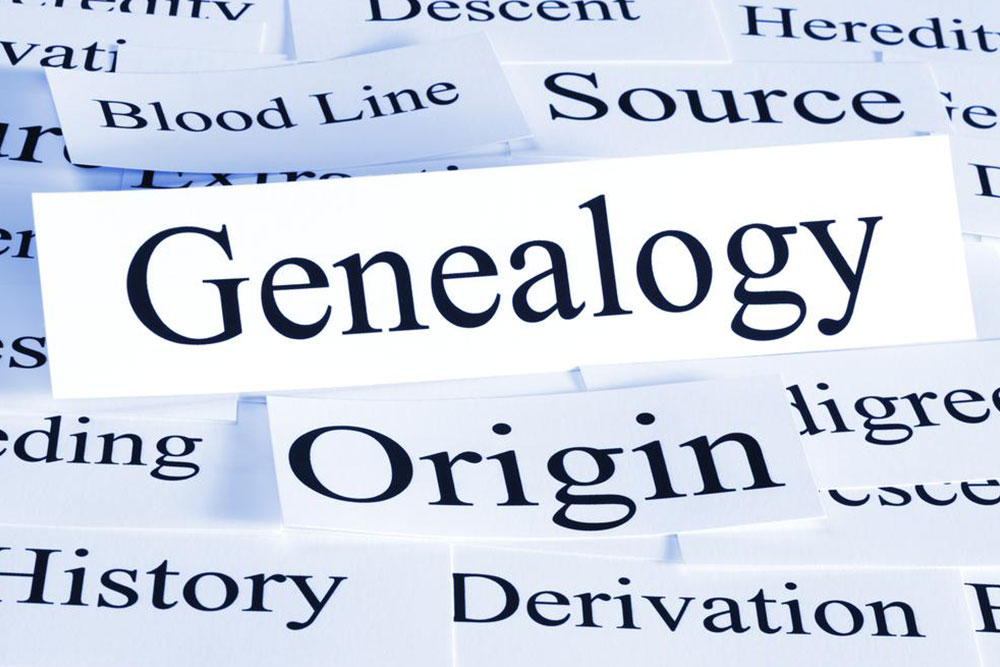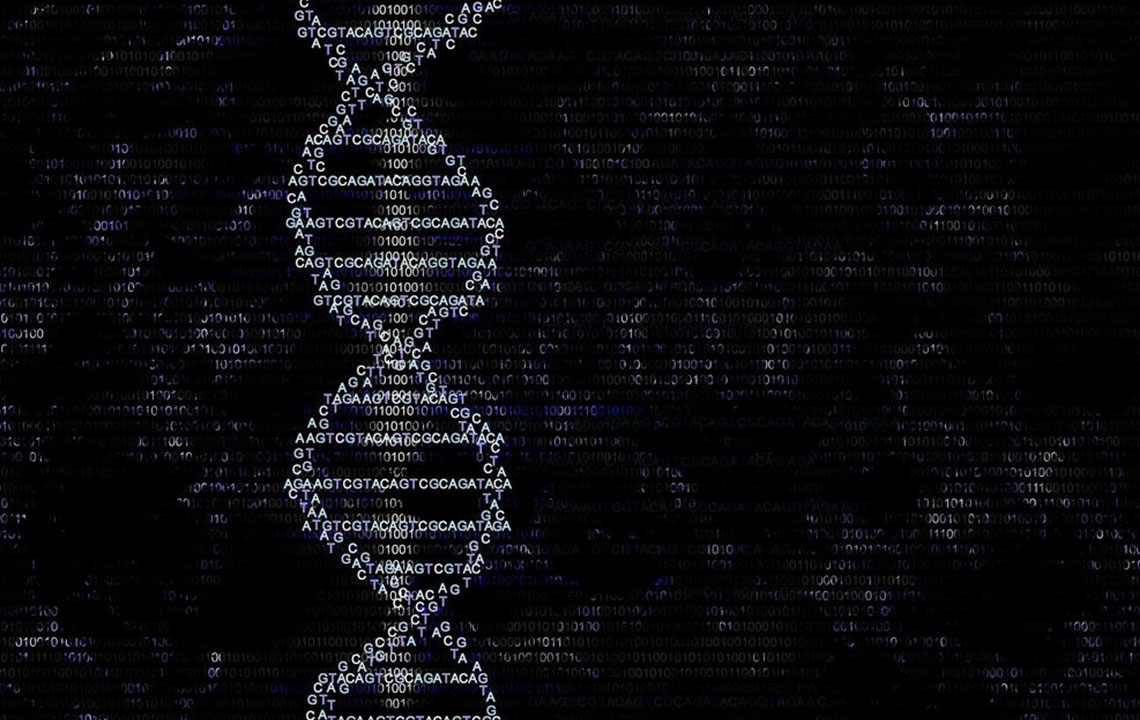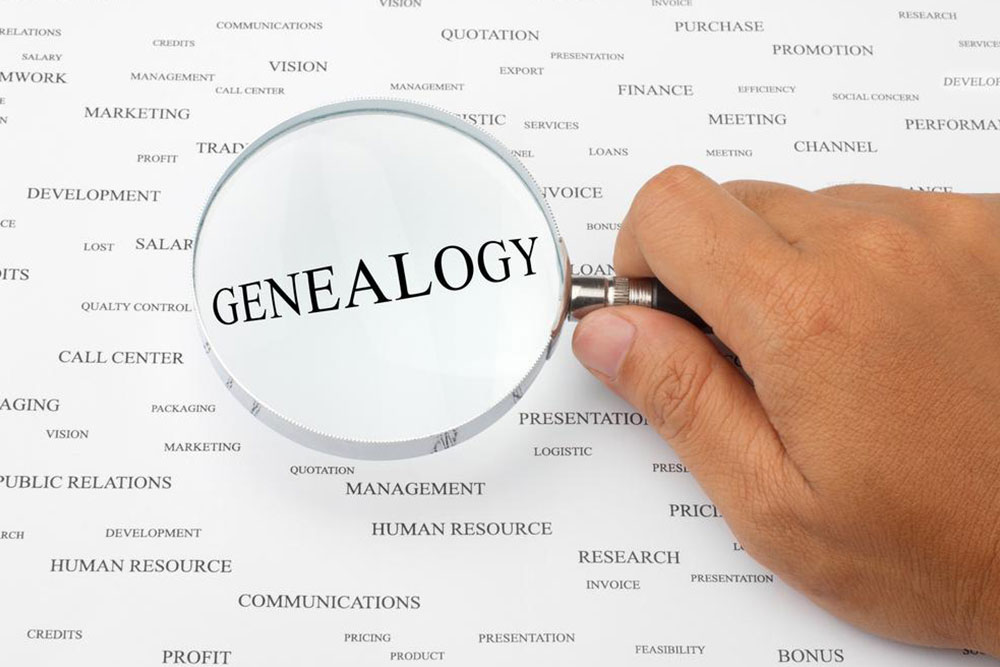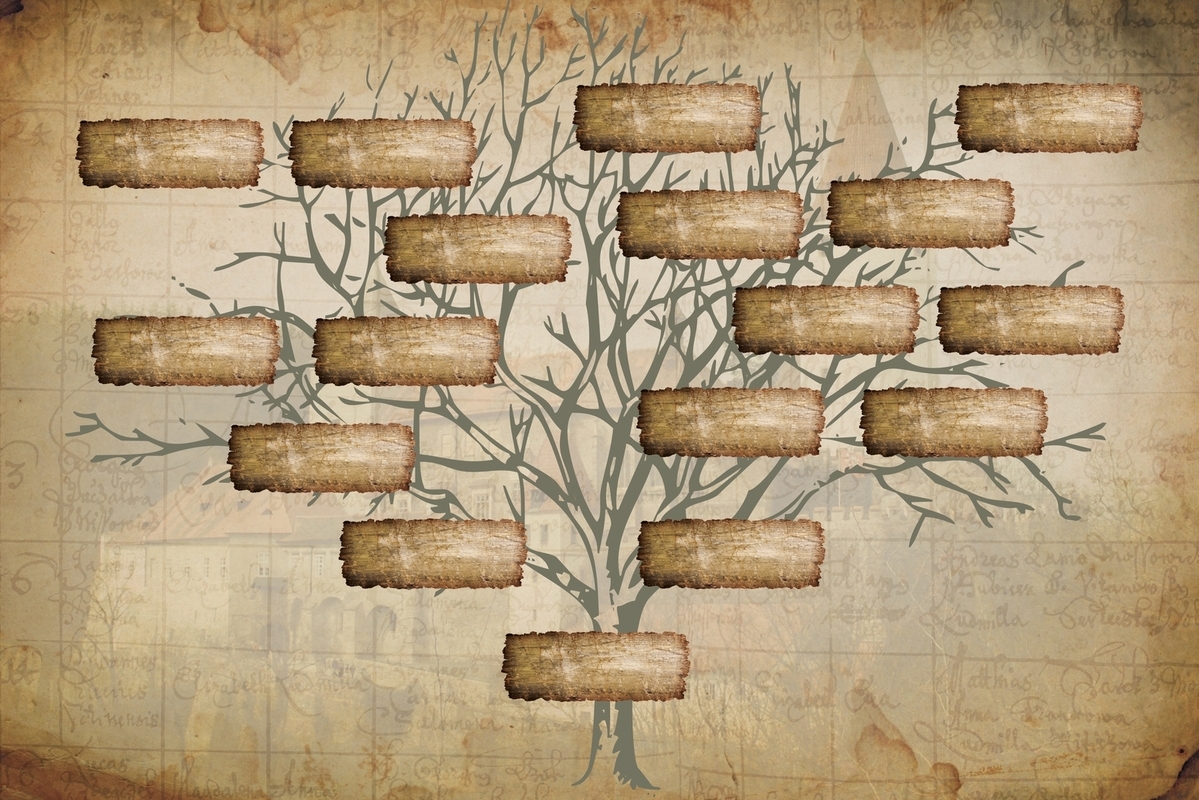Unlocking Your Family History: A Guide to Genealogy
Discover the essentials of genealogy and learn how to trace your family roots through historical records, DNA testing, and storytelling. This guide offers insights into methodical research, genetic analysis, and the importance of understanding your heritage for personal and medical histories. Start your journey today with practical tips to uncover your family's story and deepen your connection to your past.

Unlocking Your Family History: A Guide to Genealogy
Many individuals are motivated to explore their ancestral roots for various reasons. For most enthusiasts, uncovering family history helps them understand their identity and origins. Genealogy involves researching family lineage through interviews, historical documents, and DNA testing. While some see it as a hobby, others become passionate about it. This comprehensive process employs family records and genetic information to piece together one’s heritage, revealing connections across generations.
Advancements in genealogical research have led to remarkable discoveries regarding family history. These tools allow you to uncover truths about your lineage without guesswork or rumors.
Methodology: Genealogical research relies heavily on documented evidence, family records, and oral histories. Typically, genealogists start by gathering family stories and documents, then verify these through historical records. By analyzing this evidence and compiling supporting documents, they create detailed family trees or revision histories.
Genetic Testing: Modern DNA testing has revolutionized genealogy, enabling individuals to trace their genetic backgrounds and ancestral origins. Based on their unique 46 chromosomes, people can compare their DNA profiles with various ethnic groups. The process involves a simple, painless cheek swab—no needles are required. While DNA tests provide a broad overview of ancestry, they do not yield exact lineage details but offer valuable insights into genetic makeup.
Significance of Genealogy: Genealogy goes beyond tracing roots; it helps individuals understand their heritage, medical history, and familial connections. It is often used in adoption cases to find birth parents or identify biological relatives. Starting with information from current family members—parents and grandparents—is advisable, then gradually expanding research into ancestral history. This process uncovers stories and connections that enrich one’s understanding of their identity.
To begin, gather accurate data from living relatives to establish a foundation. With this, exploring older generations becomes more meaningful and insightful, transforming what may seem like distant history into a personal story.








